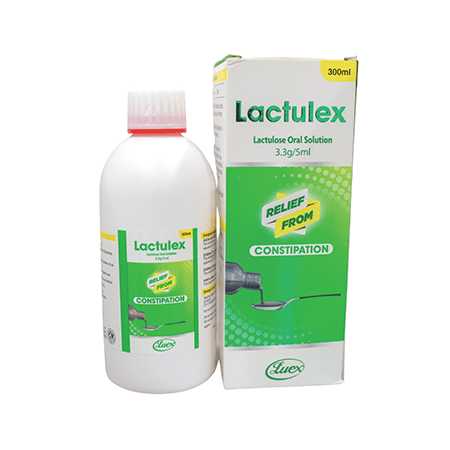Laxative Drugs

Laxative drugs are medications used to relieve constipation by promoting bowel movements. They work through various mechanisms, such as softening the stool, increasing stool bulk, or stimulating the intestinal muscles. Laxatives are available in different forms, including tablets, liquids, powders, and suppositories, and are classified based on their mechanism of action.
Uses of Laxatives
- Constipation Relief: Laxatives are primarily used to treat constipation, whether occasional or chronic.
- Bowel Preparation: Certain laxatives are used before medical procedures like colonoscopies to clear the intestines.
- Management of IBS: Laxatives may be part of the treatment for irritable bowel syndrome, particularly in cases where constipation is a major symptom.
- Post-Surgery or Postpartum: Stool softeners or mild laxatives are often recommended to ease bowel movements after surgery or childbirth.
Side Effects
Dehydration: Laxatives, particularly osmotic and saline types, can cause dehydration if not used with adequate fluid intake.
Electrolyte Imbalance: Overuse of certain laxatives, especially saline and stimulant types, can lead to imbalances in electrolytes, which are vital for heart and muscle function.
Dependency: Regular use of stimulant laxatives can lead to dependency, where the bowel becomes reliant on the medication to produce a movement, reducing natural bowel function.
Abdominal Discomfort: Common side effects include cramping, bloating, and gas, especially with stimulant and bulk-forming laxatives.
Fat-Soluble Vitamin Malabsorption: Long-term use of mineral oil, a lubricant laxative, can interfere with the absorption of vitamins A, D, E, and K.




Bulk-Forming Laxatives
These laxatives absorb water in the intestine, increasing the bulk of the stool, which stimulates peristalsis (the movement of the intestines) and facilitates bowel movements.
Stool Softeners (Emollient Laxatives)
Stool softeners work by allowing water and fats to penetrate the stool, making it softer and easier to pass.
Stimulant Laxatives
These laxatives stimulate the intestinal wall's muscles, increasing peristalsis and promoting bowel movements. They act more quickly than other types of laxatives.
Download Brochure
Get access to our comprehensive guide to our Laxative drug catalogue.
Our Range of Laxative Drugs

Lactulex Range
Fight Constipation The Effective Way
Bring happiness back to your life with our range of Laxative products.
